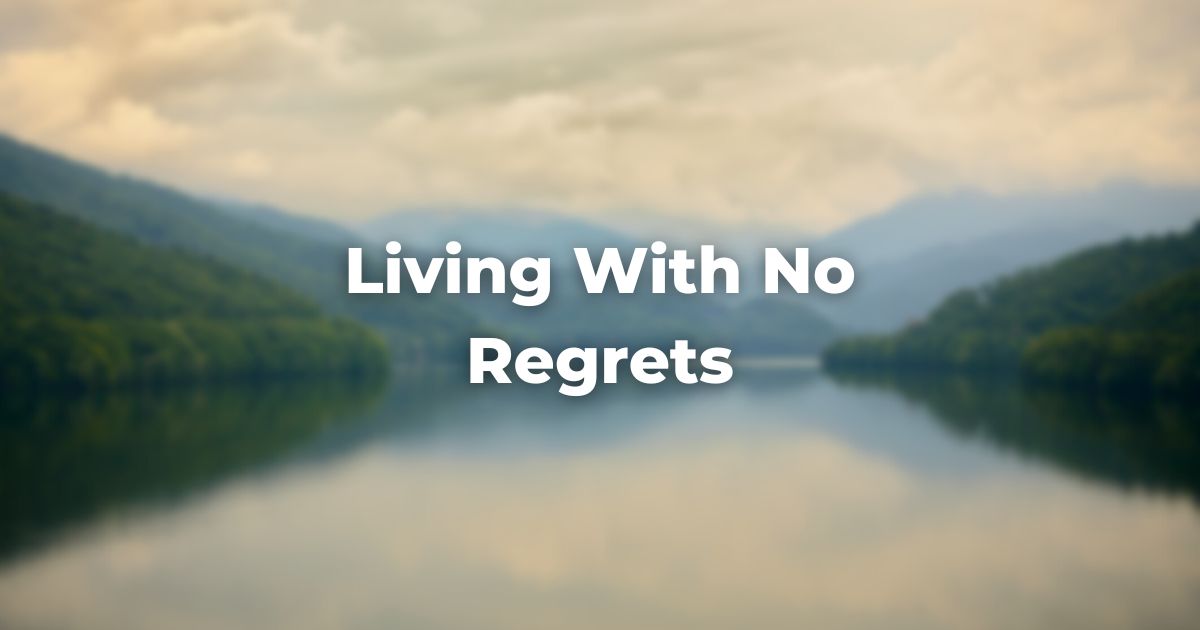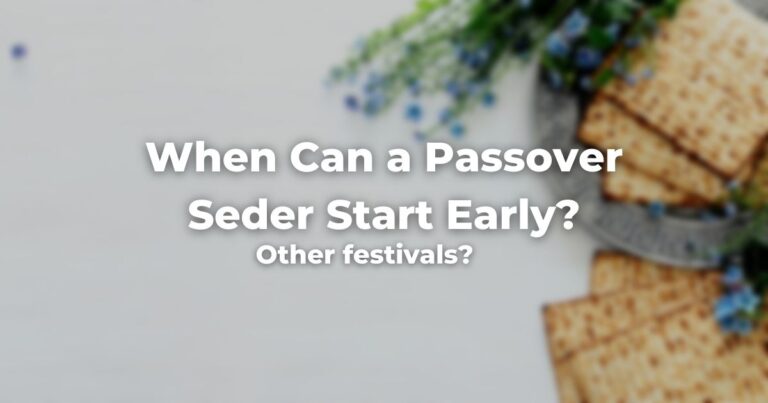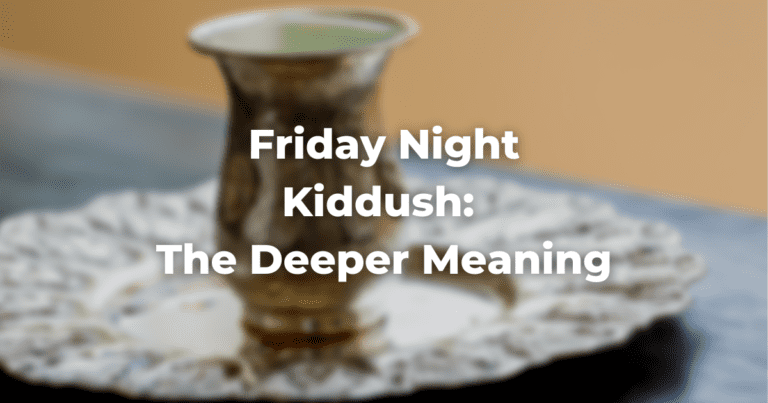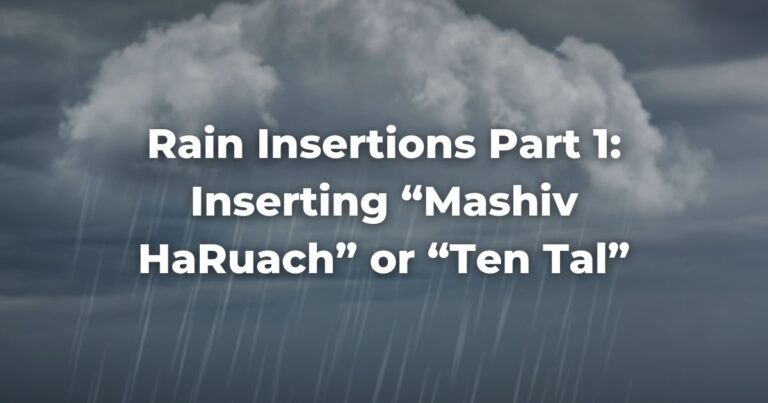The hardest thing about life is that it only gets lived in one direction: Forward.
When I reached a certain milestone birthday a few years ago, I gave myself the gift of therapy. I didn’t know what to expect. It turned out that, among other self-revelations, I spent a lot of time exploring my regrets.
Many of my sessions with my therapist were spent exploring choices I had made earlier in life, trying to move from a space of doubt and regret to the ability to live in and with those choices.
As the Yamim Nora’im – High Holidays – approach, I therefore highly recommend one of my favorite reads from the past year, The Midnight Library by Matt Haig. In this book, the protagonist, Nora, is given the gift of a library with an infinite number of books containing all the paths her life might have taken.
In a moment of tremendous doubt and depression (I don’t want to fully give away the plot), she has the opportunity to explore every regret–every decision that, in her mind, was a mistake that took her away from a life of joy, meaning, and significance.
Similarly, these holidays are a time when we ask ourselves deep questions. To quote from our Yom Kippur liturgy,
“What are we? What is our life? Our goodness? Our righteousness? Our achievement? Our power? Our victories?”
It is an invitation not only towards humility, examining our past choices, and healthy self-doubt, but about questioning all of our life choices – from this past year, and even before. It demands self-reflection and correction, but can also paralyze us with regret.
While introspection is healthy, too much regret can discourage us from embracing both our unchangeable past and our openness to future choices.
Without completely spoiling the ending of the book, here is Nora’s conclusion (p. 277):
“[I]t is not the lives we regret not living that are the real problem. It is the regret itself. It’s the regret that makes us shrivel and wither and feel like our own and other people’s worst enemy.”
Instead, Nora continues, we need to resolve to live into the life we are currently living, the path we chose with the best of intentions and with the best knowledge available at the time:
“We only need to be one person. We only need to feel one existence. We don’t have to do everything in order to be everything, because we are already infinite. While we are alive we always contain a future of multifarious possibility. So let’s be kind to the people in our own existence. Let’s occasionally look up from the spot in which we are because, wherever we happen to be standing, the sky above goes on for ever.”
These holidays should provide a moment for us to look up from where we are standing and to examine our lives not with regret but with resolve.
When we have regrets about earlier choices, that recognition of our fallibility should inspire kindness towards others – and towards ourselves. When we regret the roads we did not take, it can inspire us to be open to the many opportunities in front of us in the year to come, and to lean into new choices and possibilities with renewed resolve to do good and live with full joy and intention.
Author
-
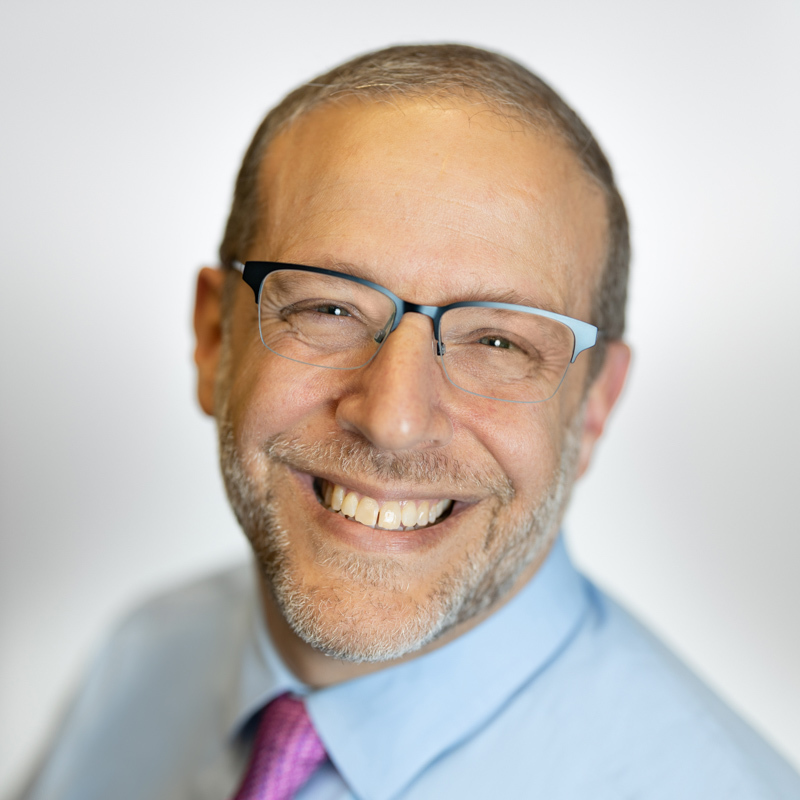
Rabbi Jacob Blumenthal serves as CEO of the Rabbinical Assembly and CEO of USCJ. He previously served for 20 years as the founding rabbi of Shaare TorahRefers to the first five books of the Hebrew Bible, the Tanakh, also called the Five Books of Moses, Pentateuch or the Hebrew equivalent, Humash. This is also called the Written Torah. The term may also refer to teachings that expound on Jewish tradition. Read more in Gaithersburg, Maryland.
View all posts

